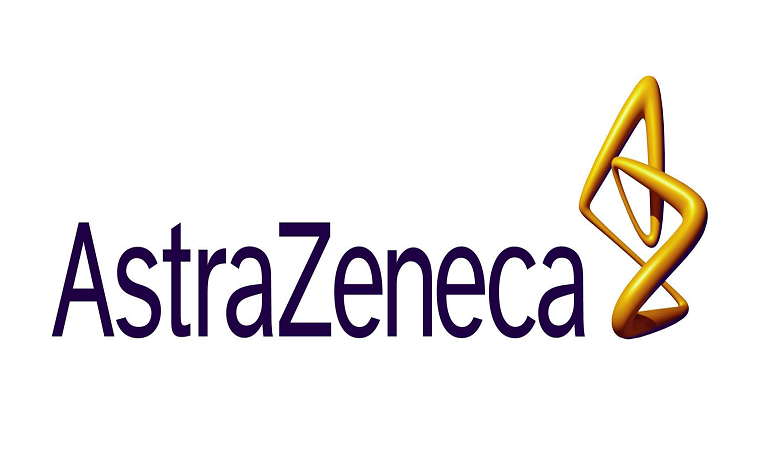AstraZeneca Pharmaceuticals LP issued the following announcement on May 25.
AstraZeneca and MedImmune, its global biologics research and development arm, today announced positive overall survival (OS) results for the Phase III PACIFIC trial, a randomised, double-blinded, placebo-controlled, multi-centre trial of Imfinzi (durvalumab) in patients with unresectable Stage III non-small cell lung cancer (NSCLC) whose disease had not progressed following platinum-based chemotherapy concurrent with radiation therapy (CRT).
A planned interim analysis conducted by an Independent Data Monitoring Committee concluded that the trial has met its second of two primary endpoints by showing statistically-significant OS benefit with clinically-meaningful improvement in patients receiving Imfinzi compared to placebo. The safety and tolerability profile for Imfinzi was consistent with that reported at the time of the progression-free survival (PFS) analysis. AstraZeneca plans to present results from the PACIFIC trial at a forthcoming medical meeting.
Sean Bohen, Executive Vice President, Global Medicines Development and Chief Medical Officer at AstraZeneca, said: “The readout of positive overall survival data at the interim analysis of the PACIFIC trial provides additional compelling evidence of the clinical benefit that Imfinzi can offer patients in this earlier stage of lung cancer. We look forward to sharing these results with Health Authorities to support ongoing regulatory interactions and to update the Imfinzi label with these important data.”
In May 2017, AstraZeneca announced that the PACIFIC trial met its first primary endpoint of PFS by demonstrating a median improvement of 11.2 months vs. placebo, as assessed by blinded independent central review.
Imfinzi is currently approved in the US and Canada for the treatment of patients with unresectable Stage III NSCLC who had not progressed following platinum-based chemoradiation therapy and under regulatory review in the EU, Japan and other jurisdictions with expected decisions in the second half of 2018.
Original source can be found here.











 Alerts Sign-up
Alerts Sign-up